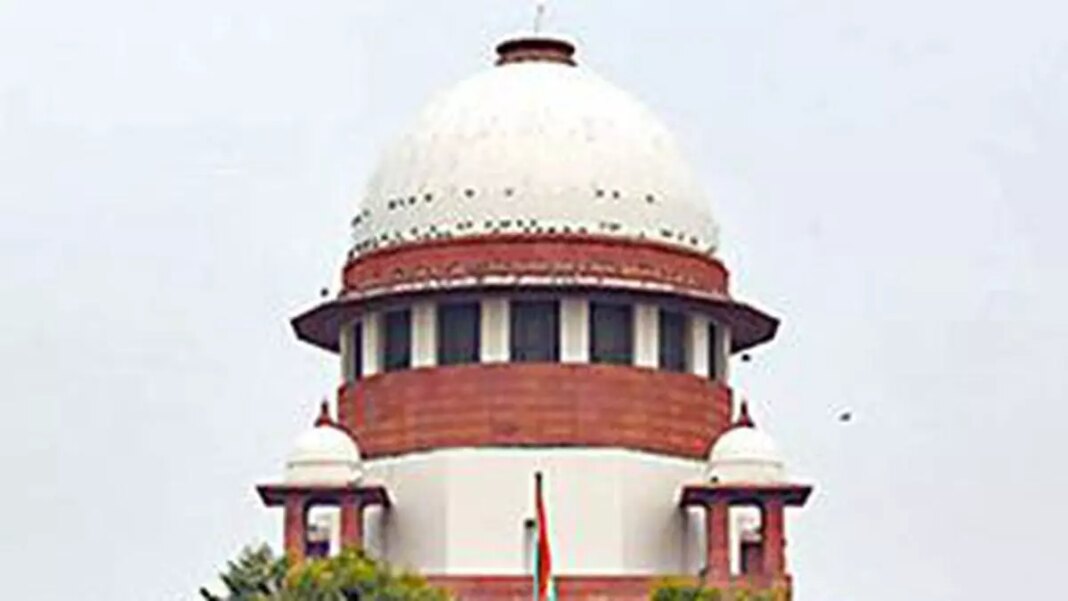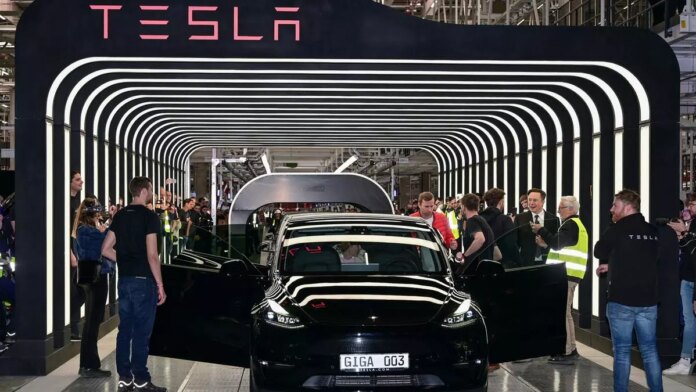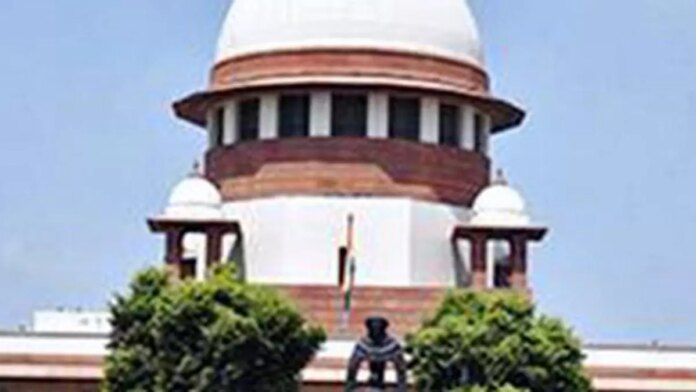In Short:
The Supreme Court criticized its own 2021 judgment upholding a ₹4,700-crore arbitral award in favor of DAMEPL against DMRC. The court found the judgment to be illegal and a miscarriage of justice. The Division Bench of the Delhi High Court had correctly deemed the arbitral award as perverse and patently illegal. The Supreme Court has now ordered a refund of any amounts deposited by DMRC and to cease any proceedings to enforce the arbitral award following a 2008 concession agreement.
Supreme Court overturns its own judgment in favor of DMRC
Breaking news! In a rare twist, the Supreme Court slammed its own judgment from 2021 that upheld a hefty ₹4,700-crore arbitral award against Delhi Metro Rail Corporation (DMRC) in favor of Delhi Airport Metro Express (DAMEPL), a subsidiary of Reliance Infrastructure.
Criticism of the 2021 judgment
The three-judge bench led by Chief Justice of India D.Y. Chandrachud labeled the previous judgment as perverse and patently illegal. The Apex Court acknowledged that the 2021 decision resulted in a grave miscarriage of justice by overruling a Division Bench ruling of the Delhi High Court which deemed the arbitral award in favor of DAMEPL as flawed.
Curative petition success
Thanks to a curative petition filed by DMRC, Chief Justice Chandrachud highlighted the injustice of burdening a public utility with such a colossal liability in 2021. The Court recognized the misinterpretation of law and facts that occurred, prompting the use of Article 142 of the Constitution to rectify the situation.
Relief for DMRC
The Supreme Court ordered an immediate halt to any attempts to enforce the arbitral award and mandated the refund of any amounts already deposited by DMRC. This ruling marks a significant moment in the long-standing saga between DAMEPL and DMRC stemming from a concession agreement dating back to 2008.
Background of the case
The case originated from a 2008 concession agreement for the Delhi Airport Express project on a Build-Operate-Transfer (BOT) basis. DAMEPL terminated the agreement in 2012 due to structural defects in the metro line, leading to arbitration proceedings initiated by the public utility.





